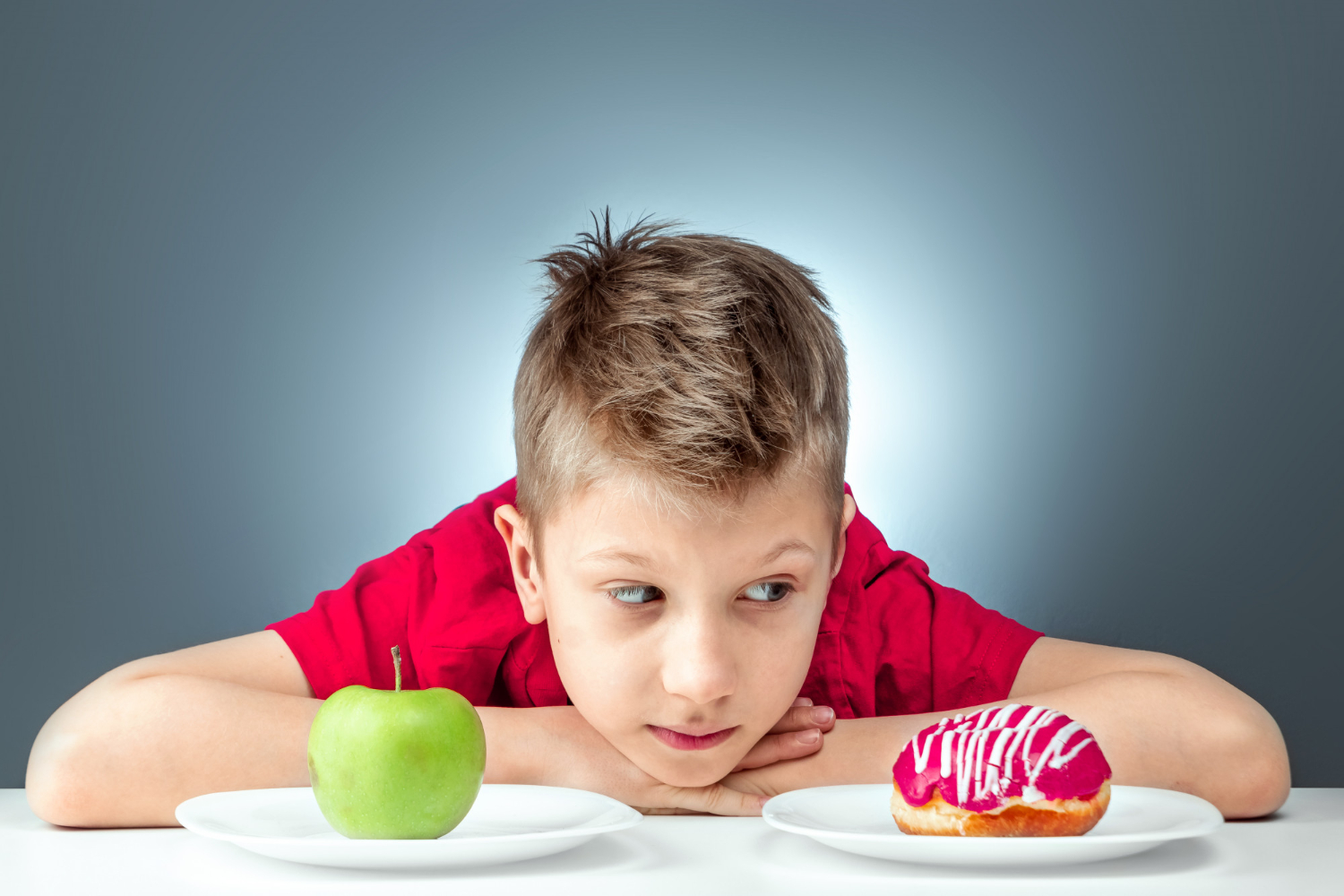Developing Healthy Eating Habits in Toddlers
Early childhood is the perfect time to develop healthy eating habits in children. It is extremely important to develop the right healthy approach to food in the early days as these habits will stay with them throughout their lives.
At around age three, children’s curiosity is still pretty high and they are less resistant and more willing to try out new types of food. Mealtimes are a good time to monitor the diet of your 3 year old as they participate in eating together as a family. Family mealtimes are necessary as they teach children certain traditions and mannerisms related to meals like; eating with a fork and spoon or chopsticks, saying prayers before meals, how to eat ‘roti sabzi’ with your hands and so much more.
Young children are in a stage of rapid growth, the healthy foods given to kids at this stage will provide the required nutrients for optimal development of their bodies as well supply them with the necessary energy they need to go about their daily tasks. Since young children are very active and continuously growing their metabolism is high and therefore their calorie intake also needs to be high.
Tips for Preparing Healthy Food for Toddlers
Do keep these tips in mind when planning and preparing healthy food for you toddler:
- Accept their preferences – Even though your child enjoys mealtimes and eating different foods, like adults, they too will begin showing preferences of some foods over others. More often than not these preferences keep changing, some on a daily basis and others even after a few days till they try something new and decide that the new food is their favorite one. This sort of erratic behavior towards food is very common amongst toddlers, so instead of getting irritated, continue the normal pattern of introducing new and healthy foods to your kids with a little variety of more familiar foods and let them choose what they would like to eat along with the new food item.
- Encourage, don’t force – it may take anywhere between 5 to 15 times for you to introduce a new food item to your toddler before they actually start liking it. By encouraging your child to try at least one bite of the new food along with the other food that they like, you help them foster a healthy relationship with food. When your child is forced to eat something new they might develop a hatred not only towards that food item but with the entire eating experience, as they could develop a fear of being force fed other foods they don’t like.
- Offer nutritious choices – while it’s not possible to cook an entire buffet, just having two or three healthy food items for your toddler to choose from will help them feel in control. They may also be open to trying out new foods. If your child doesn’t like a particular food item try offering it to them in another way. For example, try palak paratha instead of palak sabzi, or boiled carrots instead of raw ones. It takes time for young children to develop a liking towards some food items.
- Keep meals simple – The senses of toddlers are at a heightened state which is why you see them waiting to clean themselves every time their fingers get even slightly dirty, or they enjoy wearing older softer clothes to the stiffer new ones. The same applies to their sense of taste, toddlers prefer and are happy to eat the simpler prepared foods like sandwiches, parathas, Khichadi, foods like eggs, carrots, broccoli, cauliflower that are steamed or boiled with more natural flavors and very little seasoning. These foods, though simple, are also very nutritious. So the next time you’re short on time, try these very simple meals rather than reaching for a takeout menu or ordering on an app.
- Turn off the TV and gadgets at meal times – The TV and other gadgets are a source of distraction during mealtimes. Children take longer to eat as they stare at the screen, their food gets cold, and they are not even aware whether their tummies are full or not. Eating together as a family helps make mealtimes fun as everyone is talking and laughing at the table. It is also a learning experience for toddlers as they observe others eating and learn from them, they are aware of the taste and textures of different types of foods, when they’ve had enough, they can even learn to be a bit more independent by serving themselves.
Developing healthy food habits in children is not about what you eat, it also includes how you eat, how much to eat and whom you eat with. Healthy food habits is the relationship, habits and memories that you build with the whole eating experience.
EuroKids believes in developing good habits in young children, habits that will remain with them till adulthood. We stress on the consumption of healthy nutritious foods and eating together. Click here to find and visit a center nearest to you.
















